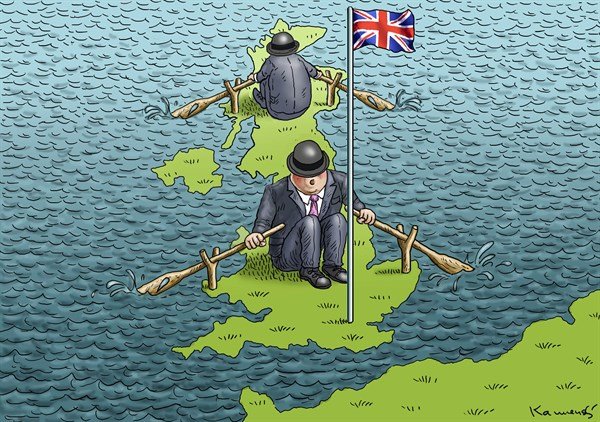Things music has lost due to Brexit
OrchestrasThe New European newspaper has published an extensive article on the various negative ways that Brexit has impacted on the lives of British and European musicians.
Here are some grassroots examples:
…Swiss baritone Felix Gygli, a recent English National Opera Young Artist programme and 2023 winner of the prestigious Kathleen Ferrier Award. He has a network of contacts and a good social life in London, but says it’s simply unaffordable.
Brexit blindsided Gygli while studying for a masters at Guildhall conservatoire — his annual fees suddenly doubled to around £24,000, forcing him to rush through his studies in one year. He would now need a Global Talent Visa, which is hard to get. Instead, he is joining the International Opera Studio at Opernhaus Zurich, alongside Willoughby. He worries many other Europeans will do the same, to the detriment of standards in UK institutions.
“The UK used to be a very attractive market for European singers but has really lost a lot of attractiveness. After funding cuts it’s less well paid,” he tells me. In any case, the amount of work offered is less because of visa restrictions.
“Honestly, this might be rich coming from a European but in the end at some point the quality will suffer because it will be harder to cover all these roles and all the odd jobs that need to be done with all these singers, however good they are.”
Tellingly, Hack has not yet performed in the UK and hesitates to apply to UK music programmes: “I felt a little insecure about it because the visa situation hasn’t been clear and it hasn’t been super inviting.”
The loss of European musicians isn’t just bad for them, but for whole institutions and the British students they would have been studying alongside, agrees Anna Wolstenholme, senior lecturer and Artist Development professor at the Royal Academy of Music. This was a completely predictable part of Brexit for which conservatoires are trying to compensate.
The Academy set aside funding for scholarships enabling some of the best European applicants to study in the UK, while Sir Elton John — a former student and one of its biggest donors — is funding British students to go abroad.
Read on here.






Comments